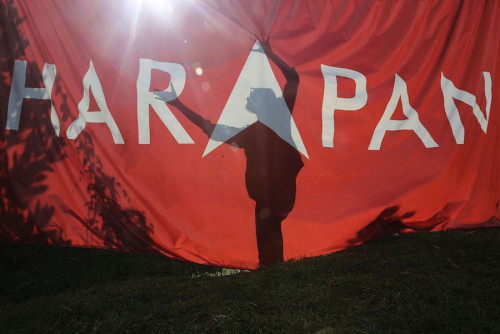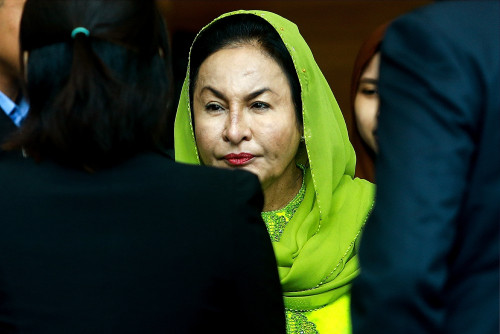I leaned my back against the wall in the living room, confronting my father who was sitting on the broken rattan chair with half a Salem menthol burning between his fingers.
My mom sat near me, cross-legged and motionless. Her face was pale, not uttering a word to me nor to my father. Her knee almost touched me, as if ready to shield me from the thin bamboo cane that my father was holding in his right hand.
My eyes were red-rimmed, fighting the tears stirred up by the fury of that afternoon. I could not process a single word that came out of my father’s mouth. I kept silent and refused to explain myself. At such times, arguments were pointless.
Mom was there to protect me, even though I didn’t want a shield.
As my father drew the last puff of his cigarette, I stood up and punched the wooden wall behind me with my right fist. The pain from my fractured fingers didn’t last long. A split-second later, I felt the sting of bamboo that lashed my shoulder.
Without saying a word, I ran outside. I hurried into the thick jungle that lay in wait beyond my house, carrying with me the wounds underneath my skin.
As dusk fell and darkness consumed my surroundings, I lingered alone under a big tree, far away from the drone of words and human speech. The jungle – in all her savage wilderness – had always been my place of safe escape.
That night, I heard voices calling me from a distance. I could make out the familiar voices of my brothers.
I was tempted to answer the call, as I felt that it was the only moment in my life anyone really wanted to speak to me. But I sewed my mouth shut in defiance.
Throughout my childhood, I came to know the limits of language: I was trying to speak, but no one seemed to be listening.
***
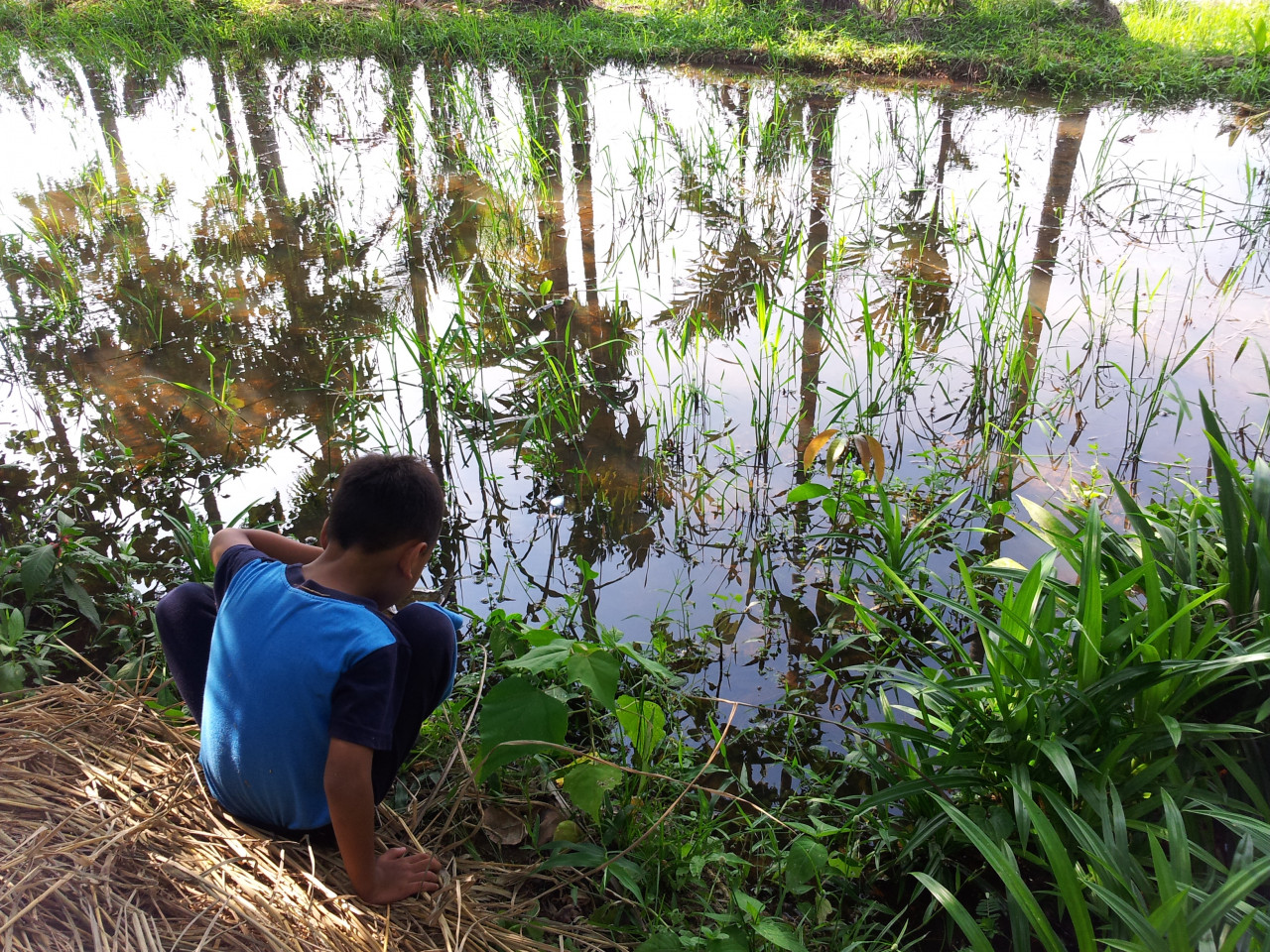
As a child, my language mirrored my world. The Kelantanese-Malay vocabulary that I spoke was entirely that of the jungle, rivers, and paddy fields of Kampung Labok and Kampung Kuchelong where I grew up. Nature was abundant and gave more than what it took from me.
I remember vividly: one day I was making a clay bowl at the Kemubu waterway that flows in front of my grandmother’s house; Pak Su Harun, the village leader, came and jokingly told me to keep making kraftangan (handicraft) instead of kerat tangan (amputating the hand).
It was sweet advice. I learned from this natural brilliance that could make me burst out in laughter with just a simple play of words.
At times, I escaped through books into the world of my imagination. The smell of musty books gave me a sense of security: I was safe to explore realms beyond what my eyes could perceive and where my body could bring me.
Deep in the subterranean stacks of my school library, I delved into the works of renowned Malaysian writers and poets such as Usman Awang, Shahnon Ahmad, and Muhammad Haji Salleh.
My childhood was a time for me to discover the magic of life, explore what is allowed and forbidden, but I could not yet express myself well in words.
After years of wrestling with invisibility and voicelessness, I found other ways to communicate. I began writing quite late in life, when I was about 20, soon after I packed my bag and left my hometown.
The reason was rather pragmatic. I was doing my undergraduate studies in political science. Writing was the only tool available for me to make sense of all the books and the lectures I had read and attended.
In my cozy student room on campus, with all the resources I had access to, I began typing my first essay, a form of writing to which I remain faithful to this day. Like a good lover, writing sometimes disappoints, but it always helps me know myself and speak my mind.
Perhaps, a sense of powerlessness – the inability to find one’s voice, the absence of words and space – chases us away from ourselves. The unlucky ones mutate into monsters, invisible creatures raging within silent screams.
The small distance between the kampung and the city allowed me to understand my home and childhood more clearly. I reflected on myself through the twenty-six Latin alphabets that I arranged and rearranged into words and metaphors.
When the first word and sentence appeared on the blank page of my computer screen, I realised that I had longed for a doorway to my mind, to my own voice, and to inexpressible language, the language that was never to be found as a child.
***
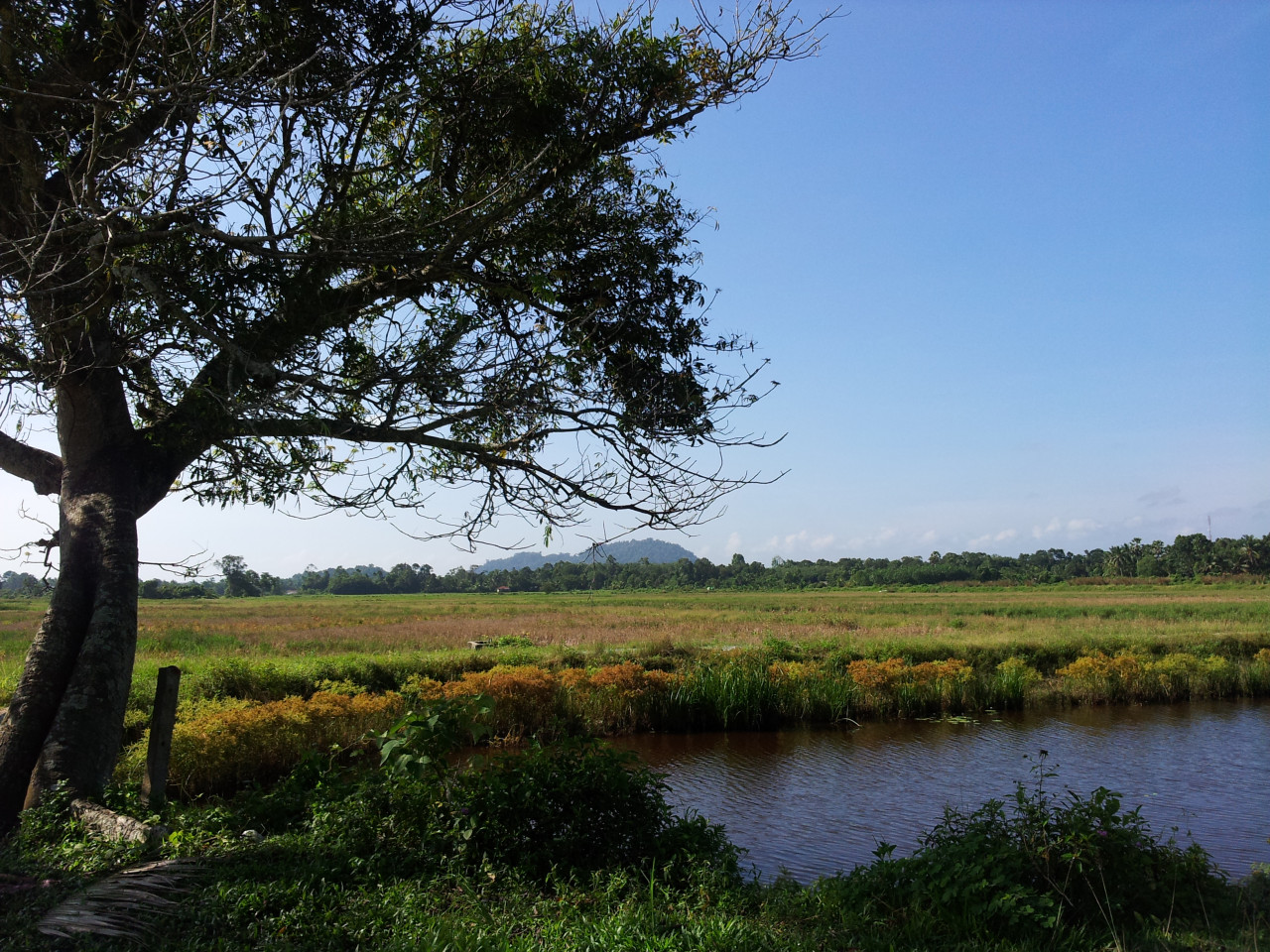
Today, sitting at my desk, singing to the rhythm of a land concealed by plague, I find myself pondering what it means to write.
How can language and writing make sense of this moment? The pandemic has upended lives across the planet, confined us to our homes, and taken millions of lives in less than a year. Even our future now seems ambiguous.
But there is an irony of life amid the isolation of social distancing and quarantine. As towns and cities fall silent, face-to-face interactions are outlawed. We try to emerge from our seclusion, yet we are damned by the superfluity of communication, the incessant masturbation of our fingers on our mobile devices.
We now speak more and louder than ever before. In our pursuit to feed our narcissistic pleasure, grasping for attention in the midst of our ever-shortening reading span, we witness words and language blaze into ashes in the confinement of 280 Twitter characters.
Now that everyone can write, “authority is dead in social media”, says Nirwan Dewanto, an Indonesian poet and essayist.
In today’s boisterous online world, some of us turn away and begin our journey inward towards the Self, to reflect our light outward.
The act of writing requires solitude. Many writers plunge themselves into the depths of internal exile and silence, struggling with language in order to create.
Solitude and seclusion are prevalent themes in the writing of literature. We find the word sunyi (lonely) over and over again in the works of prominent Malay and Indonesian writers and poets such as Amir Hamzah, Chairil Anwar, and Sapardi Djoko Damono.
In kesepian or solitude, writers discover new metaphors to express themselves.
As much as writing was an exit door for the inexpressible memories of my childhood bewilderment, language at times remains elusive and estranged.
To keep language close, I perform a ritual of seduction – a dance of entwinement, entrapment, and escape.
When the rhythm hurls me to the limits of language, a breath of prose or poetry breaks through what cannot be said. To me, writing is not a distraction, but a quest for survival. – The Vibes, January 24, 2021
-------------------------
Listen to the GTLF2020 podcast with Nirwan Dewanto and Al-Mustaqeem M. Radhi, Sastera dalam Kurungan (Literature and Isolation):
https://open.spotify.com/episode/37w86eRBw2cBJ7MURN1tjd?si=oUUdw4F7Qo-d3UVBaSdfzw



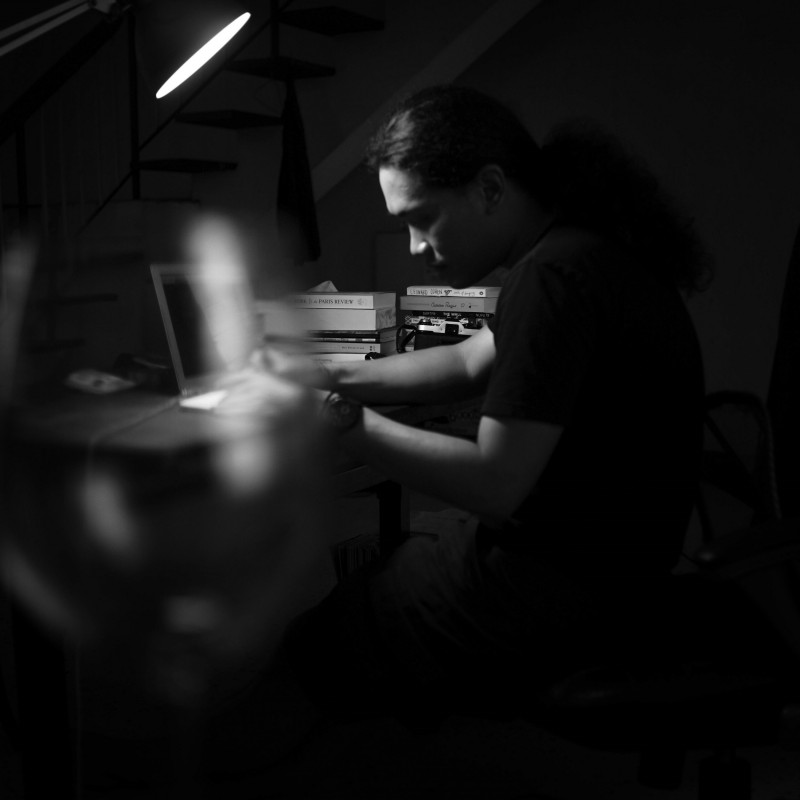

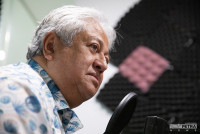
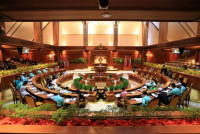


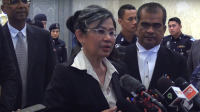
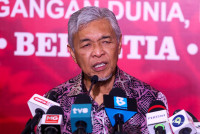
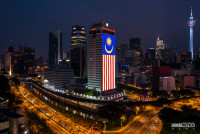
_with_chow_seated_beside_with_the_state_dap_leaders-Facebook_pic.jpg)






_president_Muhammad_Azlan_Abas-Najjua_Vibes_pic.PNG)
